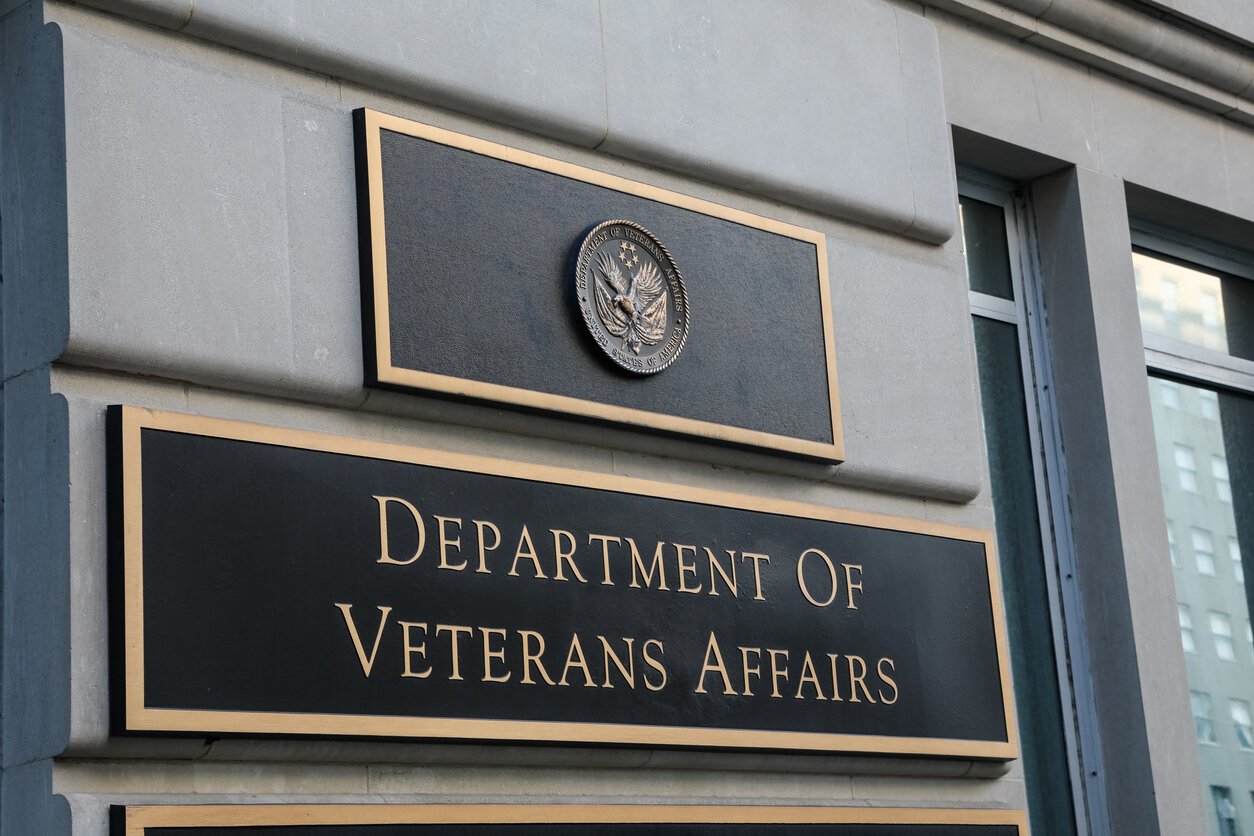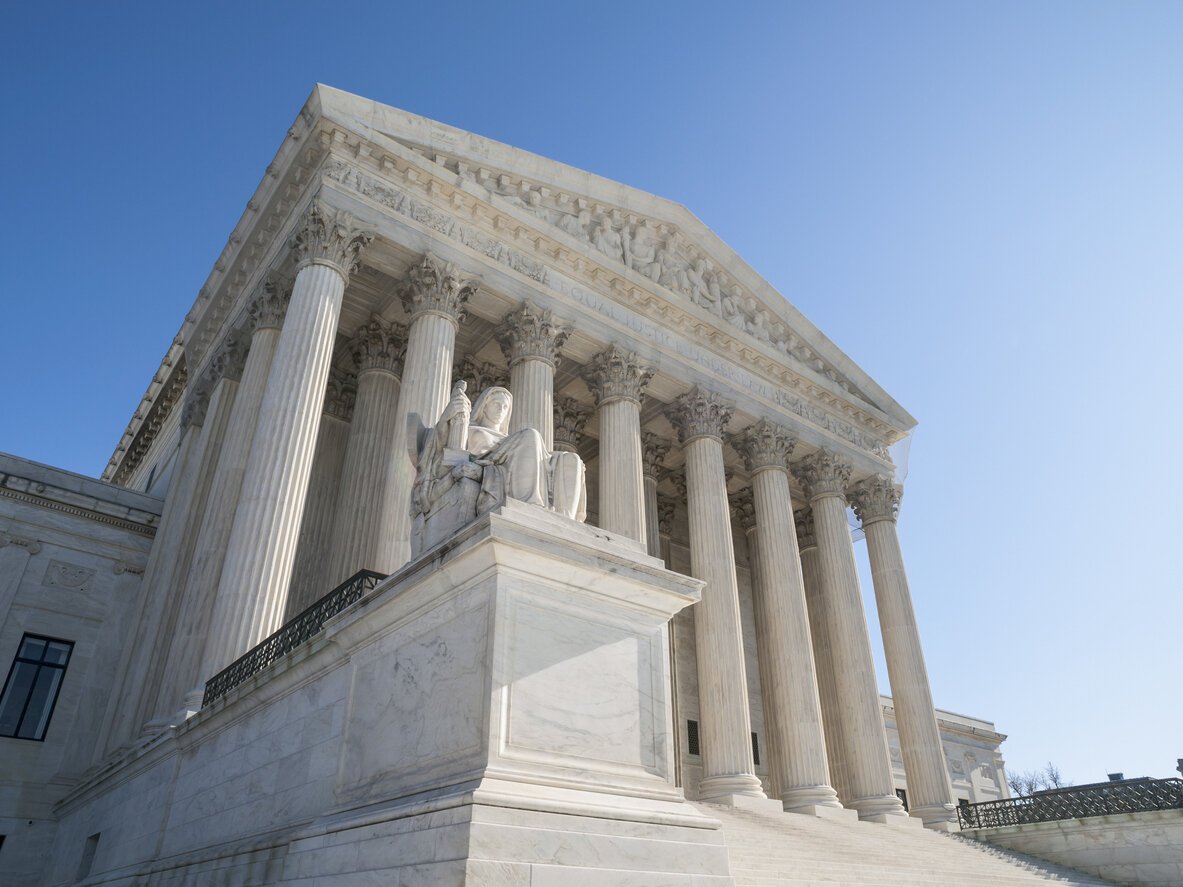
VA Cannot Use 2017 Accountability Law to Terminate “Hybrid” Employees
A GS-5 Nursing Assistant occupying a “hybrid” Title 38/Title 5 position was terminated from the Department of Veterans Affairs pursuant to the relatively recent expedited removal authorities of 38 U.S.C. § 714 (2017).
FMLA & OWCP Claims Aren't Protected Activity, MSPB Rules
A Department of Veterans Affairs employee was terminated for threatening agency employees after HR called the hospital to confirm the employee’s claim that he had not been released.
Agencies Can Reissue Disciplinary Actions While Pursuing Appeal of Procedural Loss
The U.S. Court of Appeals for the Federal Circuit found lawful an agency’s decision to propose a new termination action while still pursuing its appeal of its first termination action.
MSPB Finds Veterans Employment Violations Require Reconstructed Selection Process
The Merit Systems Protection Board (MSPB) ruled that an agency’s mere reannouncement of the original vacancy doesn’t constitute a proper reconstruction under veterans’ preference laws.
What Kind of “Significant Change” in Working Conditions Protects Whistleblowers?
The law recognizes managers retaliate against whistleblowers via personnel action. Though common, one of the hardest to quantify is “significant change in duties, responsibilities, or working conditions.”
MSPB Adopts New Element of Proof in Performance Removal Cases
In Lee v. Department of Veterans Affairs, the Merit Systems Protection Board (MSPB) added a new element of proof to sustain a performance-based adverse action with an appeal: accountablity prior to the PIP.
OSC Made “Preliminary Determination” Closing Your Case? No Response Needed Says MSPB
When an employee exhausts administrative remedies through the Office of Special Counsel (OSC), they gain the right to appeal directly to the Merit Systems Protection Board (MSPB).
MSPB Imposes Issue Exhaustion Requirement in Appointments Clause Case
The Merit Systems Protection Board (MSPB) has broken from the U.S. Supreme Court’s recent decision in Carr v. Saul, holding its adversarial nature of proceedings requires issue exhaustion.
Federal Circuit Rejects Perceived Whistleblowing Claim
The Merit Systems Protection Board (MSPB) has long recognized claims where the employee has not made a protected disclosure, where supervisors perceive the employee to be a whistleblower.

Federal Circuit Disputes VA’s Interpretation of 2017 “Accountability” Law
In two opinions issued on August 12, 2021, the United States Court of Appeals for the Federal Circuit found that the Department of Veterans Affairs erroneously interpreted the provisions of the Department of Veterans Affairs Accountability and Whistleblower Protection Act of 2017 when disciplining its employees. The purpose of the 2017 law, codified at 38 U.S.C. § 714, was to provide for expedited discipline of VA employees, strip MSPB of its authority to mitigate the VA’s chosen penalty, and to impose a less rigorous burden of proof on the agency at the appellate level than a traditional MSPB appeal.

Santos v. NASA: DOJ Declines to Petition the Court for Rehearing
We previously reported on the Federal Circuit’s panel decision in Santos v. NASA, issued on March 11, 2021. That decision held that pursuant to 5 U.S.C. § 4302(c)(6), when employees challenge their PIP-based performance terminations at MSPB, federal agencies must prove that employees deserved to be put on a PIP in the first place. The case turned on the meaning of the words “continue to,” used in Section 4302(c)(6), and whether that statutory language imposed a requirement on the agency to prove pre-PIP unacceptable performance. The panel opinion said yes.

Two Dissenters Push Back on Federal Circuit’s Denial of Braun v. HHS Rehearing
We previously reported on the Federal Circuit’s December 21, 2020 opinion in Braun v. HHS, a case where the appeals court found that HHS could utilize its generic “for cause” procedures to terminate tenured scientists for at least some performance-based reasons, despite the existence of a performance process requiring additional process for “de-tenuring” prior to termination.

Preselection Coupled With Service Discrimination Violates USERRA, Rules Federal Circuit
The United States Court of Appeals for the Federal Circuit described the litigation of a case it adjudicated on May 14, 2021 as “the decade-long journey of a hard-working man who served his country honorably, only to face workplace discrimination on the basis of that service.”

Supreme Court: No “Issue Exhaustion” Requirement for SSA Claimants
Several weeks ago, FEDmanager reported on oral argument at the Supreme Court of the United States in Carr v. Saul. In this case, the issue was whether Social Security Administration (SSA) claimants who did not raise an Appointments Clause challenge at the administrative level forfeited their ability to challenge the validity of decisions by improperly appointed SSA administrative law judges once they appealed the decisions to federal court, pursuant to the Supreme Court’s decision in Lucia v. SEC. On April 22, 2021, the Supreme Court held that courts should not impose an “issue exhaustion” requirement on claims under the Appointments Clause of the U.S. Constitution.

Supreme Court Hears Oral Argument in Two Important Appointments Clause Cases
On March 1, 2021, the Supreme Court of the United States heard argument in United States v. Arthrex on the question of whether administrative patent judges of the U.S. Patent and Trademark Office are principal officers of the United States who therefore must be appointed by the President and confirmed by the Senate. Just two days later, on March 3, 2021, the Court heard argument in Carr v. Saul, a case about whether Social Security claimants who failed to raise an Appointments Clause challenge to the appointment of SSA administrative law judges at the administrative level waived the argument before the courts.

Federal Circuit: For the Third Time, No Retroactive VA “Accountability”
In 2017, Congress enacted the Department of Veterans Affairs Accountability and Whistleblower Protection Act of 2017 (“the Act”), which provided “a singular expedited procedure for all VA employees to respond and appeal to proposed removals, demotions, and suspensions for performance or misconduct,” and according to the United States Court of Appeals for the Federal Circuit, “provides less rigorous standards and expedited procedures” to discipline, and even terminate, employees.

Supreme Court Hears Oral Argument in Fifth Amendment Suit Challenging Union Organization
On March 22, 2021, the Supreme Court of the United States heard oral argument in Cedar Point Nursery v. Hassid.

Agencies Must Prove Pre-PIP Unacceptable Performance in Federal Circuit Decision
Before a federal employee can be terminated for unacceptable performance, the employing agency must provide the employee with an opportunity to demonstrate acceptable performance.

